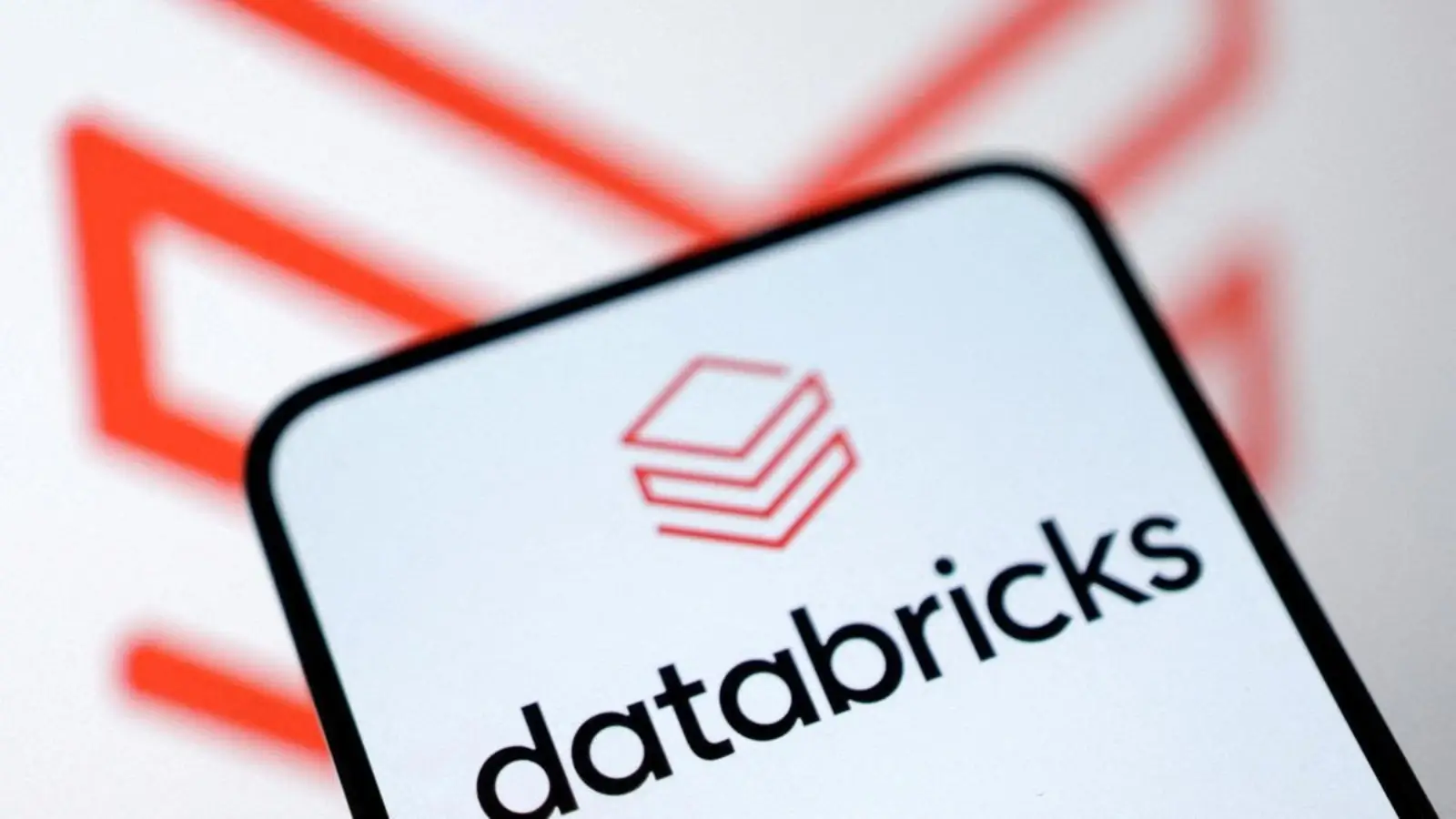In the past few years, artificial intelligence has become an important topic in our personal and professional lives. Some people claim that AI will revolutionize the world, while others are skeptical about its efficiency, truthfulness, and ethics.
The truth is, like always, somewhere in the middle. ChatGPT and other similar tools have introduced new concepts to search engine optimization. You’ve likely noticed how the first results on Google aren’t PPC ads or organic results.
Instead, it’s a short breakdown done by Gemini. SEO tools like Ahrefs are also tracking how often your page is mentioned by AI. All of this shows that generative AI is becoming more important for SEO.
In this article, we’ll explore the concepts of AI and generative AI, as well as their uses for SEO and other forms of digital marketing.
Generative AI explained
Generative AI refers to a type of artificial intelligence that can create content, including text, images, video, code, and more. In this article, we’ll focus mostly on the textual content, as that’s the most relevant for search.
This generative AI creates content based on the data that it has been trained on. Traditional AI is focused on classifying or analyzing existing data, while GAI builds something new based on previously learned patterns.
Large language models, or LLMs, like GPT-4, Gemini, and Claude are the best examples of GAI. You can use these models to generate various types of written content. You can write an apology message for your girlfriend, a college essay, a blog article, or a copy for a social media post.
What’s interesting with the latest versions of LLMs is that they can generate content on their own. Or, you can send them content to provide them with information and style ideas. Then, they can make more specific pieces of content.
Key technologies powering GAI and GEO
One of the key technologies that power generative search is LLMs. They are the foundation of the AI everyone is talking about. Trained on massive datasets, these models understand context and semantics far better than traditional algorithms.
Then, we have neural networks. They are a complex concept that enables machines to simulate human-like understanding and responses. The other two technologies that make up modern AI include Natural Language Understanding and Vector Search and Retrieval-Augmented Generation.
The combination of these technologies created AI. GEO services, AI content, and video generation are all there because of years and years of development of complex technologies. This is why it’s important to never take AI for granted.
GEO Explained
GEO, or Generative Engine Optimization, is an emerging practice designed to optimize your content not just for search engines, but for the AI models that now serve as intermediaries. If you’ve Googled something recently, you likely noticed the AI overview that pops up first.
If you click show more, you’ll see a number of articles that are sources for the AI breakdown Google presented to you. This is why, instead of only focusing on Google’s algorithm, SEO professionals must now consider how tools like ChatGPT, Gemini, and Perplexity find and cite online content.
GEO is relatively new, but it’s certainly a growing field. Getting your content cited by AI tools can be quite valuable for marketing and SEO. This is why there are a number of actions you can take to increase your chances of getting cited.
However, you must remember that GEO is a natural extension of SEO, and not its replacement. Building links and keyword research are still going to be relevant for improving your rankings.
Implications of AI on SEO and digital marketing
The increasing popularity of AI has led to some large shifts in the SEO and digital marketing landscape. For example, traditional links have a decreased click-through rate, as users get answers directly from AI.
I mean, the goal of SEO in the past was to reach the first place. If the first result instead becomes an AI breakdown, then it’s obvious that businesses would want to be part of that instead.
As competition for visibility grows, optimizing for generative snippets and search engines will be important. New content formats, including answer-style content, short FAQs, and rich media, will all be key parts of this.
There are also other changes due to AI in terms of digital marketing. For example, people can use a free digital avatar generator to generate a persona for their business. Many companies switched to AI-generated branding because it is easy and affordable.
Other AI use cases include AI-based product descriptions that save time in e-commerce, video scripts, ad copy, and translations.
Methods for optimizing for AI
Generative AI is shaping how we create and consume content. This directly impacts SEO and other types of marketing. Wanting to be cited by models like ChatGPT and Gemini is different from ranking first on Google.
Although GEO isn’t an exact science, just like SEO, these methods can help you increase your chances of being cited by AI.
1. Writing clear and direct answers
People have less attention than ever. This makes it important to be clear and direct when talking about a subject. This is also what AI prefers when searching the internet to provide you with answers.
When creating content, aim to include short summaries or definitions near the beginning of your paragraphs or sections. This is based on featured snippets, as they answer the questions within the first few lines.
Short answers without fluff make it easier for the AI to extract the point and provide the user with the right answer.
2. Implement schema markup
Creating schema markup, from websites like schema.org, is considered an outdated practice by some SEO experts. However, it’s an important process for increasing your chances of being quoted by AI.
It helps both search engines and AI models to interpret your content, and provide the user with the right information. With schema markup you can label specific elements like FAQs, product reviews, how-to steps, and organization details.
Adding this increases your chances of being featured in AI summaries and rich results, and it reinforces the accuracy of your content.
3. Optimize for long-tail and NL queries
AI-powered tools prefer conversational and natural-sounding questions and content. This changes the SEO game. Instead of targeting broad keywords, like “solar panels”, you should go after more specific ones.
In this example, it could be something like: “How much do solar panels cost in Florida”. Of course, you’ll need SEO tools like Ahrefs to understand which keywords will be the best fit for the specific topic.
When users ask similar questions, AI is more likely to pick up on these long-tail, natural language queries. You should combine this with the first method and provide straightforward and concise answers to those keywords.
4. Build authority
Like always, Google will prefer quality. The EEAT concept is still relevant in 2025. You should build authority by having your content include author bios with credentials, high-quality external sources, and original insights.
All of this will help you increase your chances of your content being picked up by Gemini or other AI. Of course, articles written by professionals in a certain field will be more often quoted by others, so why shouldn’t this be the case for AI as well?
As mentioned earlier, earning backlinks from reputable sites is still going to be an important process. Companies should pay attention to writing guest posts, and building their backlinks, just like before.
AI is the future of search
As a content writer, I’ll always prefer high-quality human content over AI. Humans have the capability to customize their style and present information in a fun and engaging way. The more you read AI content, the more you’ll realize how it is.
However, that doesn’t mean that AI-generated content isn’t useful. It’s often concise and to the point. In terms of SEO, AI can be quite helpful for creating content that targets specific keywords with ease.
You can also use it for keyword research, or you can use other tools for keyword research, and AI tools for generating those pieces of content. The best way to approach AI is to see it as a friend that can help you reach your goals quickly.
It’s far from perfect, but in some scenarios, like SEO, it can help businesses create a lot of high-quality, optimized content quickly and at an affordable price.
Author Bio:

Veljko Petrović
Veljko is an IT student who has successfully combined his passion for technology with his exceptional writing skills. As an emerging specialist in cybersecurity, he has completed several courses and has been published in notable blogs in the industry. In his free time, Veljko enjoys weightlifting, reading, and programming.
Linkedin: https://www.linkedin.com/in/veljko-petrović-699ab0201/
Website: www.writerveljko.com

















